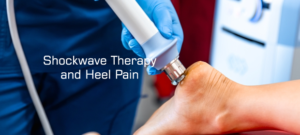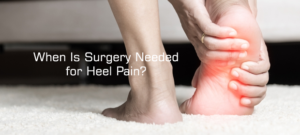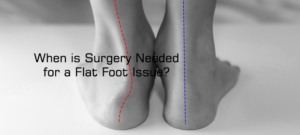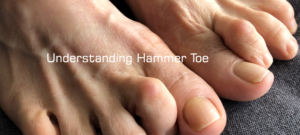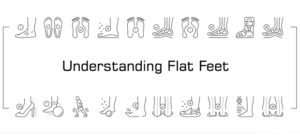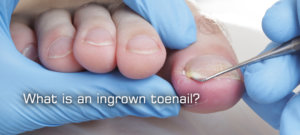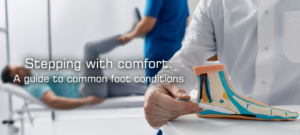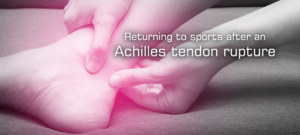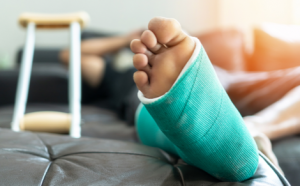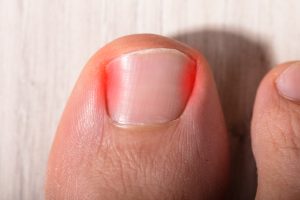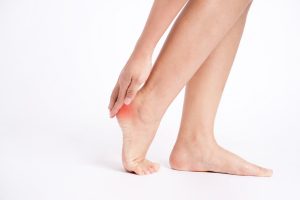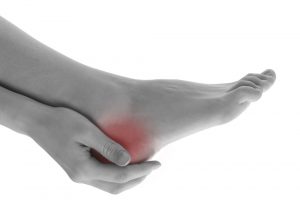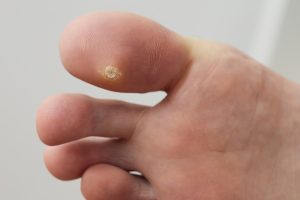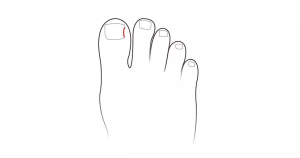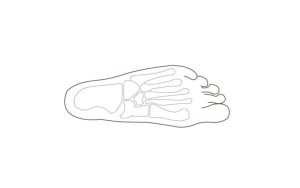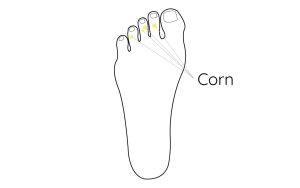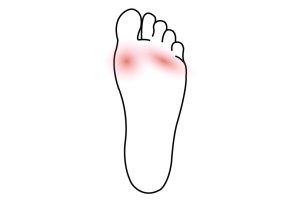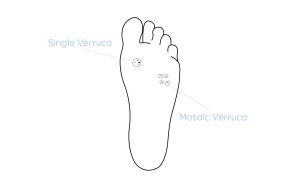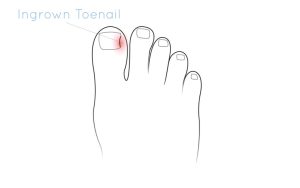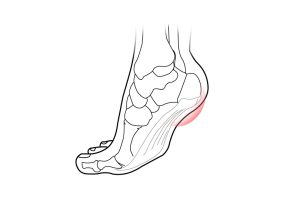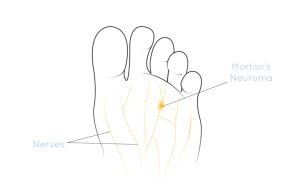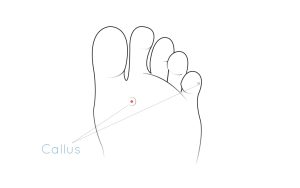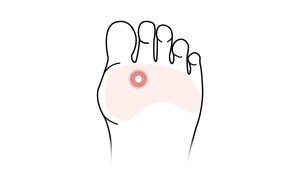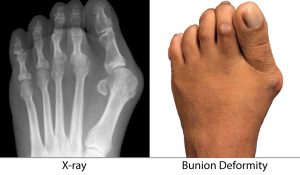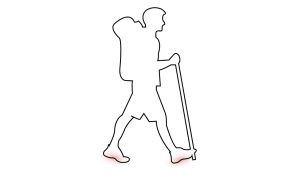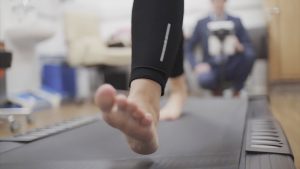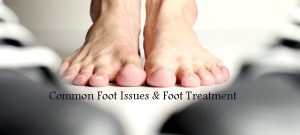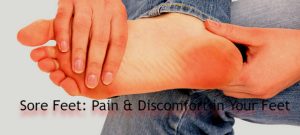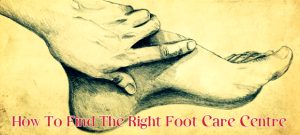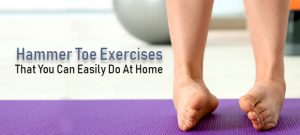Stress Fracture
What is a stress fracture?
Stress fractures are small cracks in the bone or severe bruising within a bone.
Causes of stress fracture:
Stress fractures can happen to any bone in the foot and ankle and is not usually related to trauma but repeated stress to a bone that is either weak because of osteoporosis or due to sports, repetitive trauma and over activity.
Metatarsals are particularly prone to developing stress fractures. The metatarsals go through excess forces throughout walking and running as the foot prepares itself for pushing off.
Symptoms of a stress fracture:
Patients with stress fractures complain of pain and swelling on top of the forefoot behind the toes. It comes on suddenly with significant bruise like pain that can gradually develop in to more significant symptoms.
Diagnosing metatarsal stress fracture:
Metatarsal stress fractures do not show up on X-rays in the early stages and may not show up for 3-4 weeks when it begins to heal. Metatarsal stress fractures are often missed for these particular reasons.
A clinical exam is sufficient but an MRI scan is the only diagnostic examination to be able to accurately diagnose a stress fracture.
Treatment for a stress fracture
Frequently asked questions
To help the healing process of a stress fracture, only lightly load the foot with your weight and avoid running and jumping. A walking boot and crutches are useful in the early stages of recovery and then good running shoes afterwards.
You can walk on a stress fracture but you don’t want to make it worse, keep activities to just gentle walking.
Bone healing typically takes six – eight weeks. With stress fractures, this can be longer if you do too much.
Related Blogs
Thoughts and advice on foot health care from the Podogo team.

